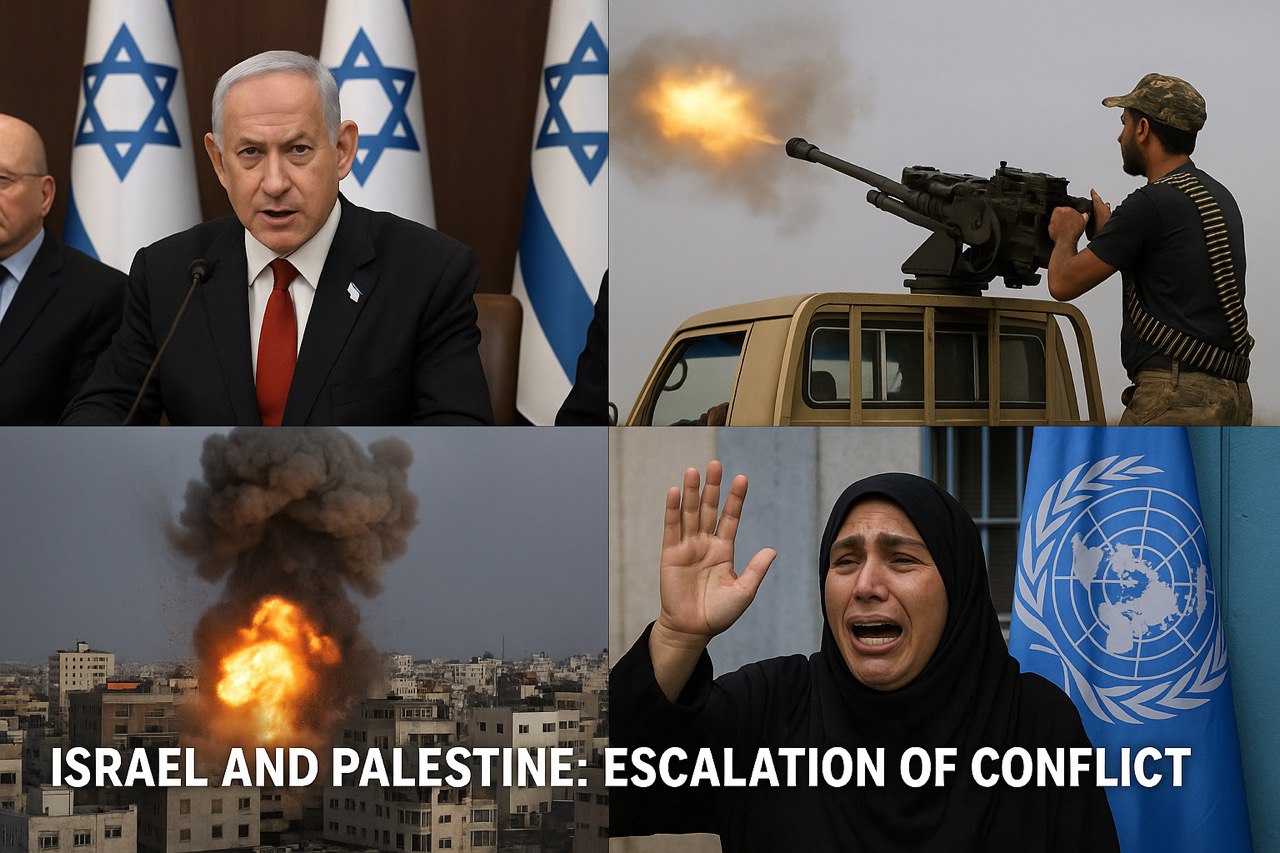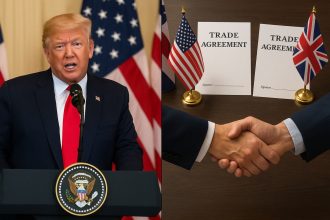The Israel-Palestine conflict is a decades-long struggle over land, sovereignty, and identity, with Gaza often at its epicenter. The region, home to 2.3 million Palestinians, has been under a blockade by Israel and Egypt, creating what many call an “open-air prison.” Recent months have seen a spike in violence, with Israel launching operations against Hamas and Palestinians responding with rocket fire. The international community watches closely, but solutions remain elusive.
I remember chatting with a friend last year, a humanitarian worker who’d been to Gaza. She described the despair of families living under constant threat, unable to access basic needs. It’s a reminder that behind the headlines are real people, and that’s what drives me to dig deeper.
Israeli Cabinet Approves Gaza Expansion Plan
On May 5, 2025, Israel’s security cabinet unanimously approved a plan to expand its military offensive in Gaza, a move detailed in reports like BBC News: Israel cabinet approves plan to ‘capture’ Gaza – official. The plan involves “capturing” Gaza and holding its territory, with Prime Minister Benjamin Netanyahu stating it would be an “intensive” operation to destroy Hamas and rescue hostages.
Key details include:
• Displacing Gaza’s 2.1 million population southward, ostensibly for protection, but critics see it as forced relocation.
• Mobilizing tens of thousands of reservists to sustain the operation, as noted in CNN: Netanyahu vows to relocate Gaza’s population after security cabinet approves plan to ‘conquer’ the enclave.
• Controlling aid distribution to prevent Hamas from benefiting, a move the UN and aid agencies reject as a breach of humanitarian principles.
This plan has sparked controversy. While Israel justifies it as necessary for security, Palestinian groups and international observers, argue it violates international law and exacerbates the crisis. The humanitarian implications are stark, with potential mass displacement risking further suffering.
Yemeni Houthis Declare Air Blockade
Adding fuel to the fire, Yemen’s Houthi rebels, backed by Iran, announced a “comprehensive air blockade” on Israel on May 4, 2025, as reported in Reuters: Yemen’s Houthis announce campaign targeting Israeli airports. This came after a missile strike near Ben Gurion Airport, injuring eight and halting air traffic.
The Houthis, acting in solidarity with Palestinians, warned of repeated attacks on Israeli airports, urging airlines to cancel flights for safety. This escalation internationalizes the conflict, drawing in regional actors and raising fears of a broader war. Netanyahu vowed retaliation, and Israel’s defense systems failed to intercept the missile, highlighting vulnerabilities.
Palestine’s Appeal to the UN
Parallel to these military moves, Palestine has appealed to the UN, accusing Israel of killings and obstructing humanitarian aid, a point raised in ICJ hearings starting April 28, 2025. Palestinian representatives, like Ambassador Ammar Hijazi, alleged Israel is “starving, killing, and displacing Palestinians” while blocking aid.
The blockade since March 2025 has caused severe shortages, with reports of hospitals attacked and aid workers killed, detailed in Amnesty International: Human rights in Israel and the Occupied Palestinian Territory. Israel, however, did not attend the hearings, dismissing them as persecution, deepening the diplomatic divide.
Analysis and Implications
These events paint a picture of a conflict spiraling out of control. The Israeli plan risks mass displacement, with Gaza’s population already facing a dire humanitarian crisis. The Houthis’ involvement adds a regional dimension, potentially drawing in Iran and complicating peace efforts. Palestine’s UN appeal underscores the urgent need for aid, but Israel’s non-attendance at ICJ hearings suggests little room for dialogue.
I can’t help but think back to a conversation with a Palestinian activist who said, “Peace is possible, but only if all sides see the human cost.” It’s a reminder that behind the politics are families losing homes, children missing school, and communities yearning for stability. The international community must step up, but how? That’s the million-dollar question.
In the midst of this, financial markets are reacting, with traders watching closely. For those interested in staying informed, PocketOption offers a user-friendly platform for trading, with real-time data on how global events impact markets. It’s not just about profits—it’s about understanding the bigger picture, and you can explore it at PocketOption. A colleague mentioned it recently for its intuitive interface, and I think it’s worth a look if you’re following these trends.
Conclusion
As of May 7, 2025, the Israel-Palestine conflict is at a critical juncture, with Israel’s Gaza plan, the Houthis’ blockade, and Palestine’s UN appeal highlighting deep divides. This isn’t just a news story—it’s a call to action. Share your thoughts in the comments, or let’s discuss how we can support peace efforts. Together, we can foster understanding, even in the face of complexity.





